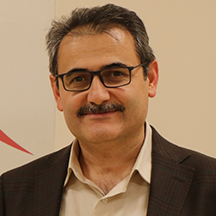MENA trade patterns and the pursuit of growth
Changing trade structures continue to shape national development paths, not least for the countries of Middle East and North Africa, whose futures depend closely on trends in globalisation. This column outlines empirical evidence for the region, which indicates the positive growth effects of participation in global value chains for the all sectors. The analysis also reveals considerable variation within the region in terms of types of trade flows, sectors and trade partners.
Trade openness and global value chains: effects on Turkish industries
Production processes and distribution systems have become increasingly fragmented across countries since the 1990s. Many large economies have benefitted from this phenomenon of ‘global value chains’, but as this column explains, the story may be different for developing countries. Empirical evidence from Turkey reveals positive productivity and growth effects of linkages, but damaging effects of backward participation on industries.


